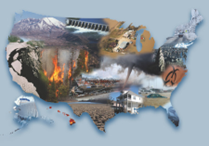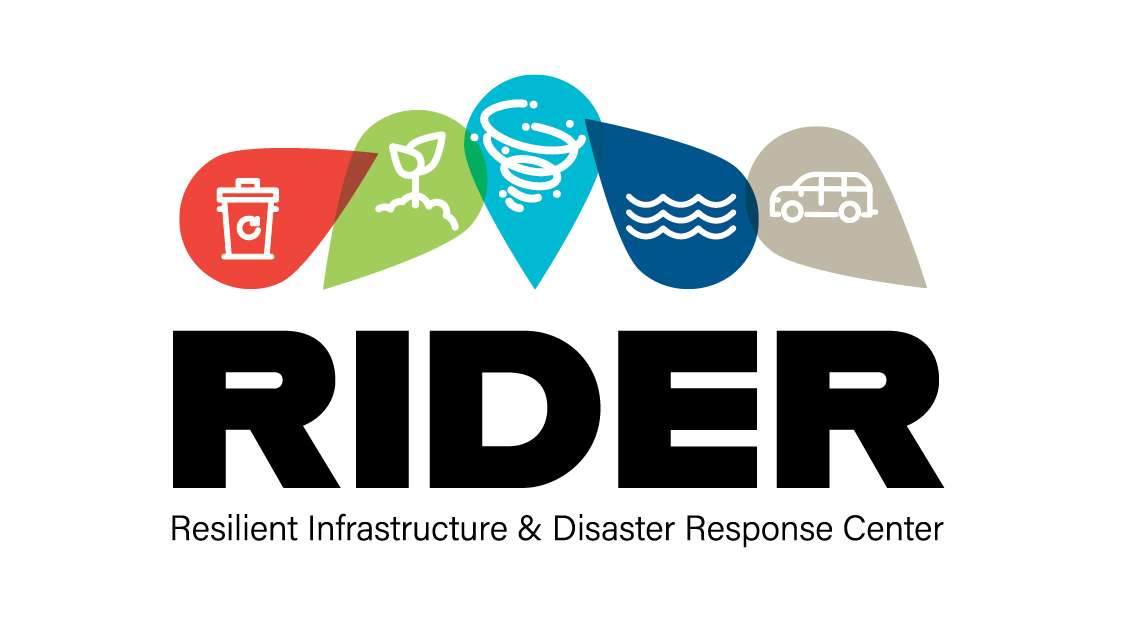
RESEARCH EXPERIENCES FOR UNDERGRADUATES IN RESILIENCE AGAINST EXTREME WEATHER EVENTS
DATES
05/25/2026-07/31/2026
DESCRIPTION
Join Our Summer REU Program on Resilience Against Extreme Weather Events at Florida State University!
Are you an undergraduate student interested in making a difference in the face of climate challenges? Our REU (Research Experiences for Undergraduates) site at Florida State University invites you to participate in a unique 10-week research program focused on the resilience of infrastructure against extreme weather events.
As climate change intensifies the frequency and severity of hurricanes, storms, and other extreme weather, the risks to our infrastructure, transportation networks, and vulnerable communities are escalating. To address these growing challenges, our engineers are shifting from post-disaster repair to proactive resilience planning and design. This REU program provides an opportunity for you to engage in cutting-edge research and training that will better prepare our national infrastructure systems to withstand climate-related threats.
PROGRAM HIGHLIGHTS
Research Experience: Work closely with experienced faculty advisors on interdisciplinary projects covering resilience-based planning, infrastructure design and rehabilitation, disaster response, and emergency management.
Workshops and Seminars: Enhance your understanding of climate impacts, develop communication and presentation skills, and build resilience and collaboration skills for working in diverse teams.
Professional Development: Get ready for graduate studies and advanced career opportunities in STEM and related fields.
BENEFITS
Stipend: $700 per week
Travel Reimbursement: Covered round-trip travel expenses
Lodging: Free on-campus housing
Meals: Meal subsidies provided
We aim to recruit 10 students each summer, welcoming diverse perspectives and backgrounds to strengthen the future of the engineering workforce. Apply now and help shape a resilient future for communities everywhere.
LOCATION
Resilient Infrastructure and Disaster Response (RIDER) Center
College of Engineering
FAMU-FSU
1753 W Paul Dirac Dr
Tallahassee, FL 32306
APPLICATION WEBSITE
https://etap.nsf.gov/award/7360/opportunity/11778
Eligibility Requirements
Eligible students must be undergraduate students from a U.S. institution that are U.S. citizens, U.S. nationals, lawful refugees, or permanent residents of U.S. Students must maintain a cumulative GPA of 2.8 or better to be qualified.
Applications from all backgrounds are encouraged to apply, especially those from underrepresented groups, females, first-generation college students, veterans of the U.S. Army Services, and students from minority-serving institutions, liberal art colleges, two-year community colleges and other institutions without established graduate programs.
FIELD OF RESEARCH TOPICS
Engineering, Geosciences, Materials Research
APPLICATION CONTACT INFORMATION
For questions regarding the application and the program, please contact Dr. Qian Zhang (qzhang@eng.famu.fsu.edu) and Dr. Nasrin Alamdari (nalamdari@eng.famu.fsu.edu).
RESEARCH TOPICS
Student applicants can browse the research topics here to choose one.



